
Heat associated sickness is an of ailment that occurs because of environmental heat hazards. Amid trivial heat disorders that include conditions such as heat cramps, heat syncope, the most severe state is known as heat stroke. You can avoid getting a heat stroke by taking precautions such as keeping away from direct sunlight for a longer period of time and by keeping yourself hydrated as much as possible. Heat stroke is described as a higher body temperature due to higher climatic heat exposure and is distinct from a fever/illness. The best treatment is to lower the body temperature as quickly as possible along with certain typical resuscitation measures. Let us take a look at some methods on how to prevent a heat stroke while traveling.
Wear light and loose clothes
Wearing light colored clothes helps to absorb less heat and loose clothes help with air circulation. You can also opt to wear light weight choice of clothes instead of thick denims. Cottons or linens are the best choice of material to choose from when you go outdoors or for a travel during the summer. Polyesters, nylons and such materials that tend to retain heat should be avoided as much as possible. Wide frame sunglasses are not only cool and in fashion now, they also protect your eyes from the powerful rays that could hurt your eyes. Wear a wide brimmed hat to protect your head and neck from the harsh sun rays. Vented hats help to cool down the sweat on the head.
Use SPF cosmetics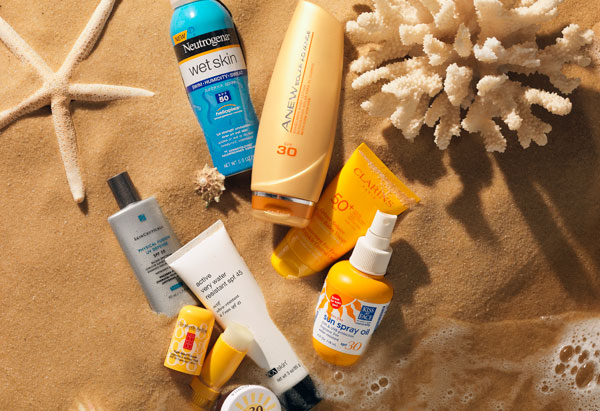
Sun rays are probably the most dangerous environmental factors these days for our skin. Harsh UV rays cause almost lasting harm to the skin and complexion and to an extent, even in the form of cancer. That is why you need to choose your cosmetics that contain SPF foundation. Apply sunscreen lotion or cream or hair products or sprays with at least an SPF (sun protection factor) of 15 and more. Since sunscreens contain organic chemical compounds that absorb ultraviolet rays, it helps to avoid having sunburns, thus helping to keep the skin cooled for certain extend. But you need to remember to reapply a sunscreen every 2 hours or so.
Hydration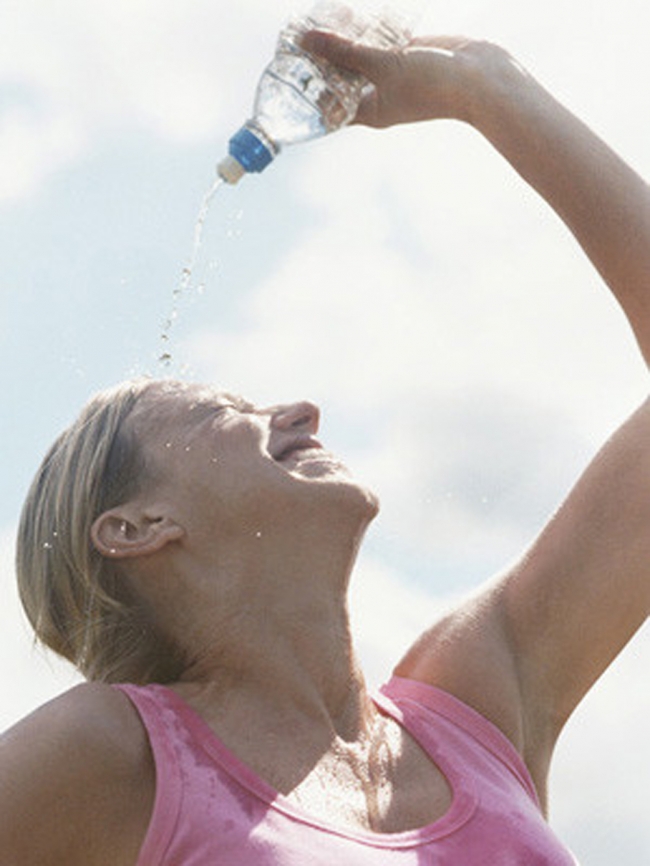
Water is one thing you need to carry around when you’re outdoors. Drink plenty of water if you know you’re going to travel while it is sunny. This way you prepare yourself for the heat. Carry with you pure, previously boiled water. This way you’re safe from poisoning yourself with polluted water. And remember to keep drinking water throughout the day while it is still hot. More water in your body means that you will sweat profusely which actually helps to cool your body down from the heat outside. Sprinkle water on yourself when you feel extremely hot. That way you moisturize your skin and prevent it from becoming dry and scaly.
Eat plenty of fruits and vegetables
No other food has as high water content as fresh fruits and vegetables. Choose especially fruits and veggies that are high in water content like melons, oranges, grapes, tomatoes, cucumber, pumpkin, etc. Moreover, fruits are really appealing when it is hot and it is a good thing because that encourages you to have more. The more moisture your body has, the more you are at the safer side from hurting your body from the harsh heat and UV rays of the sun. Apart from being hydrated, the anti-oxidants present in fruits and veggies will protect your skin from heat illness.
Avoid crowded places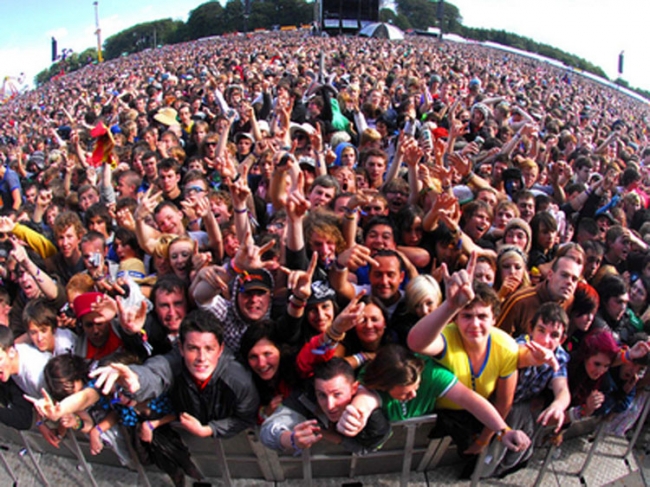
Crowded place are a higher risk for congestion. You might feel faint out of lesser oxygen availability or air circulation in spite of being in open air. If you are in an unavoidable situation, choose for a spot that may be less packed. Decide to carry with you water and apt clothing to stay cool as much as possible. If in cases you feel dizzy or ill, drink plenty of water and if you like sweet, munch on a candy because often a low blood sugar can also cause a person to faint. Wear sunglasses, vented hats or even an umbrella if you can manage to hold it! Keep spraying water on your face and neck to remain cool.
Avoid caffeine, alcohol and heavy meals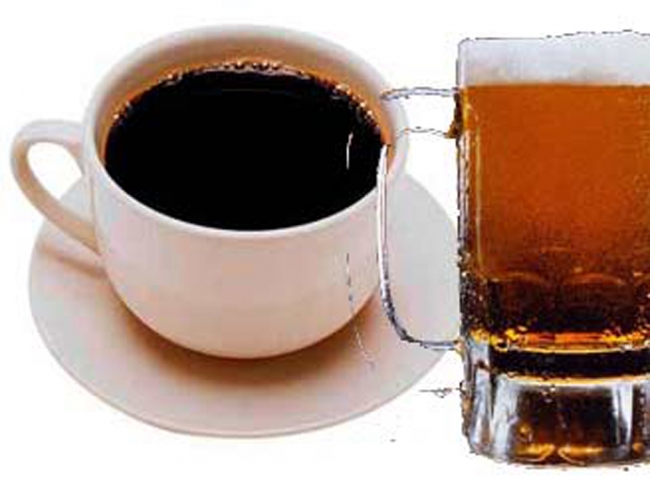
When our body produces an increased amount of urine, it is because of a substance known as a diuretic. Drinking alcohol will remove a vital quantity of liquid from your body as urine. This happens because liquor obstructs an essential hormone called the anti diuretic hormone (ADH helps the kidneys to absorb water) and ultimately excretes the fluids in your body as urine. Apart from being diuretic, too much of alcohol makes a person nauseous or even vomiting. After repetitive vomiting, it again results in dehydration. Caffeine, like alcohol, also has diuretic properties. A hot and heavy meal does the same effect as that of caffeine and alcohol. The more heavy your food is, the more dehydrated you get to be. Accordingly remember to take a light meal. Fresh fruits and vegetables are a good option during the summer. So, when you plan to go outdoors in the sun you know what your diet should be!
Rest in airy and shady areas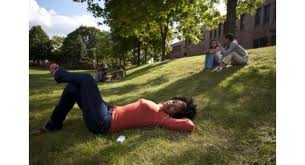
Take frequent rests from over exerting your body and exposing it to direct heat. While you rest, make sure it is in a well ventilated and a shady area. Any signs of fatigue or dizziness while you travel should taken seriously and opt to stop for some time and rest in a cool place. Drink plenty of water to get your body temperature back to normal. Dab yourself with wet cloth to stay cool. Fan yourself if you’re not under a fan or air conditioned place.
Have necessary medications ready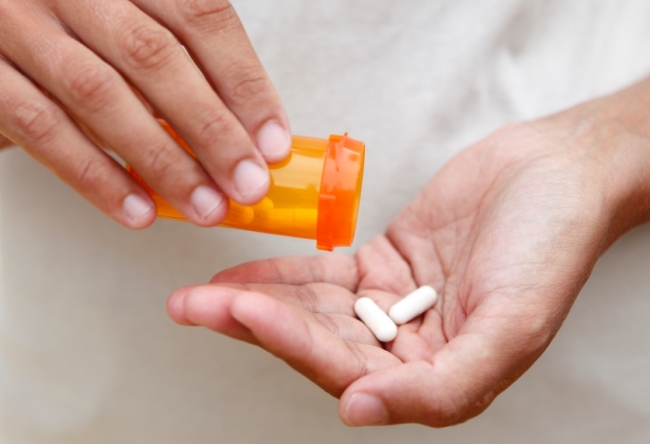
Certain medications tend to increase body temperature and diuretic and thus make you dehydrated. Similarly, there are certain medications that help to cool your body temperature as well. So, before you plan your trip, consult with your medical practitioner if your medicines are safe to be taken while you’re traveling and/or if you are the kind of person whose body temperature is inclined to rise. In spite of avoiding or taking medication and you feel dizzy, stop and drink plenty of water for hydration and rest for a while to cool down.
Be aware of heat warnings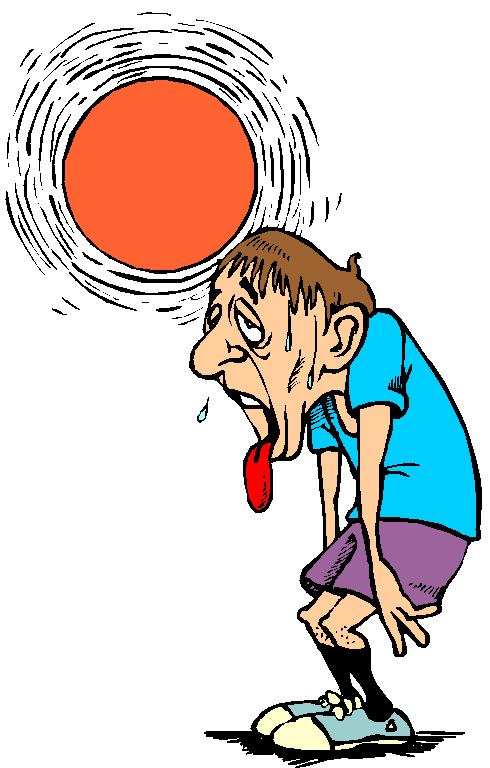
Check the weather forecasts beforehand so you’ll know what you are going to face! While you’re traveling, do not ignore any signs of feeling dizzy or faint or thirsty. That’s when you know you need to have more water or take some rest. If the weather shows a high index greater than the normal temperature, maybe you could even plan of rescheduling your travel for a day with a better climate. Avoid direct sunlight during the hot days and stay at home or in any covered shelter. So, be aware of heat warnings and know your body needs. In short, use your common sense rather than trying too hard overdoing things.
Be aware of the temperature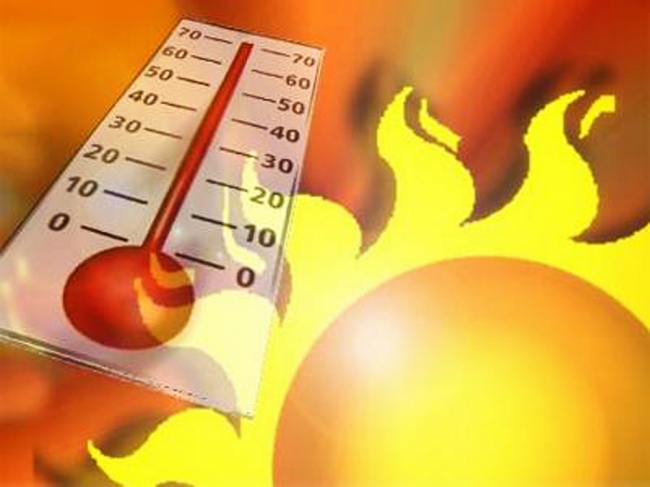
Exercise is vital for the strength and stamina of your body. But exercising while the day is hot will only exert too much of heat from your body thus resulting in dehydration and fatigue. Try not to exercise your body too much during noon time so as not to increase body temperature and risking yourself. Schedule activities for the later part of the day while the temperature has started to cool down. But in unavoidable circumstances, you could probably keep yourself well hydrated by drinking sips of water in between or spraying water on your face and body to cool the heat off your body.
Avoid parked cars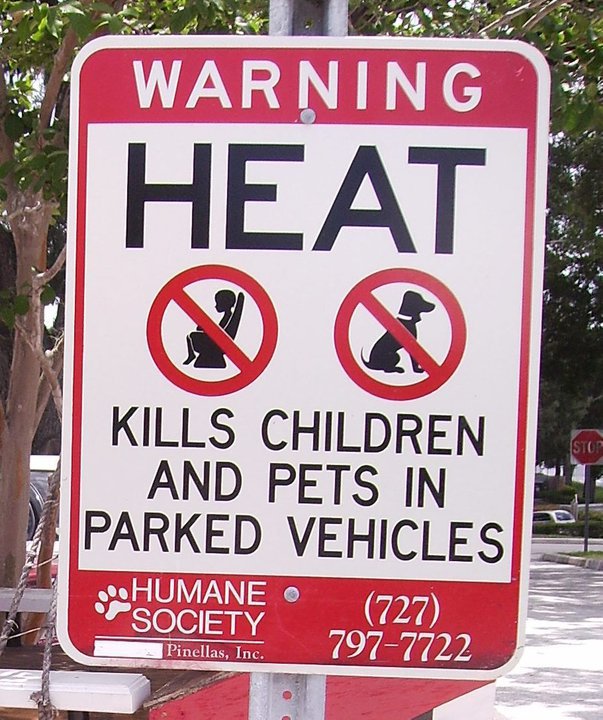
If you have kids or elderly or even pets traveling with you, remember not to leave them in your parked car. Even if the windows are open, the vehicles tend to heat up at a quicker pace and higher than the temperature outside, thus keeping your family at higher risk of a heat stroke or to even death’s extreme. If in any case you need to leave an elderly in your car for some time, keep the air condition on. Children should not be kept in parked cars (but with the engine running) unattended in any case. In the case of a pet, you could choose to tie a pet outside the venue with a bowl of water next to it.


